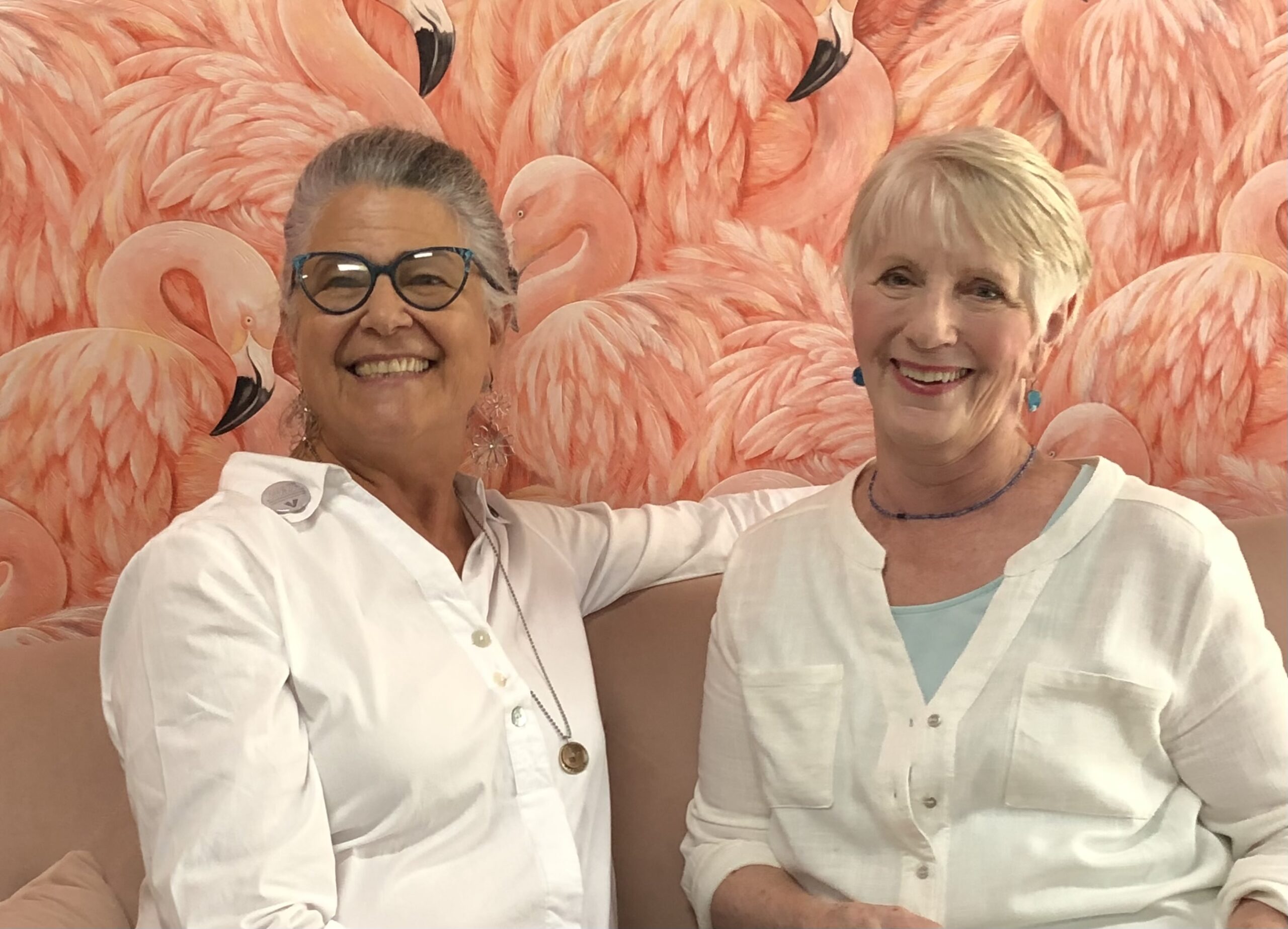Talking about Tomboy with very good friends. For the past three years I’ve co-directed Stories on Stage Sacramento with author Dorothy Rice (on the left in the picture).
Tonight, with only a few months co-helming SOSS left, I’m giddy to experience Gabby Battista performing a piece of Tomboy, Dorothy Rice asking me questions on-stage, my own Q&A with the witty, sleuthy Catriona McPherson, and Sue Staats (on the right in the picture) posing the juiciest interview questions ever.
I loved Sue’s interview. Here are some tidbits.
Sue. I’m wondering why Jane Benjamin wants to be a gossip columnist. She’s such a complex character, and it seems that her career aspirations aren’t really worthy of her talent and intelligence.
Shelley. If you trace the life history of successful old women in the 1980s, looking at the work they had done over their lifetime, you would find they very often did work that was below them. Why? Because that’s the work they could get. I mean, I was so moved when I learned how Supreme Court Justice Sandra Day O’Connor graduated at the top of her class at Stanford Law School and couldn’t get a job as a lawyer. She worked as a legal secretary. She shouldn’t have had to. It was below her. But she did it in order to grab her first spot on the ladder. Women of Jane’s time period, the 1930s, weren’t stepping right into what they deserved. They took what they could get. And the truth is, gossip was something Jane could get. They would let a girl do gossip, and they would pay her pretty well, as they did Hedda Hopper and Louella Parsons.
Jane’s annoyed when people think it’s below her to do gossip, even though she feels it’s below her to do gossip. You know what I mean? And she’s going to aim to do better things, mostly in secret, where she’ll never get credit for it. She’s ambitious. She wants it all. She wants it all.
Sue. You use the word “difficult” to describe Jane. And I would say Jane is more than difficult. She’s a bad girl. She is unquestionably morally compromised. She does what she has to do to survive and to get what she wants. I was a little bit horrified at some of the choices she made in Copy Boy, and in Tomboy. I’m wondering why she’s like this, and how do your readers respond to a character who does right things for the wrong reasons, and also wrong things for the right reasons.
Shelley. That’s a great question. I get a lot of different reader response. I have a friend, a reader who’s a man, and he’s a little worried that I’m doing this with Jane. He would like her to be better behaved. And you know what, he is very well behaved. And also, the women he likes are very well behaved. So I get that he wants Jane to be someone whom he would have over for lunch, right? I get that.
But also, I write these books for myself. I spent 34 years teaching while raising children. But now I am writing for me. I want to keep learning, stretching, trying things. Even if they don’t work. I want to take some risks. And one of those risks is to let a woman be something of an antihero, like so many successful men have been. For example, if you watch almost any of the HBO series featuring men, they are morally compromised. They make all kinds of bad decisions. Take Deadwood—oh, my God, that main character, what an awful person. And I was rooting for him at every turn. We’re watching Peaky Blinders right now. Same thing exactly.
I think young female readers have the kind of response I’m going for. Their reviews keep using the word badass.

Leave A Comment